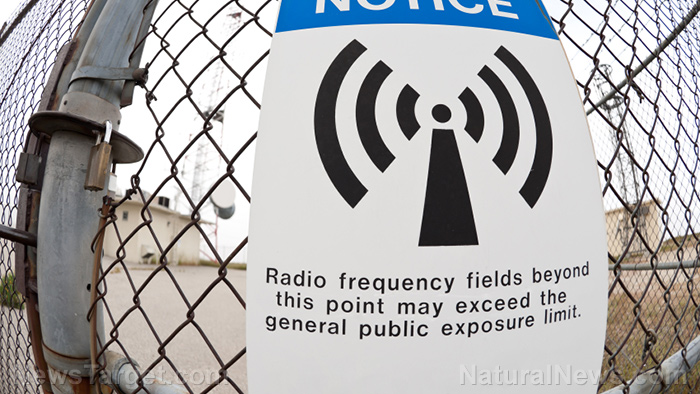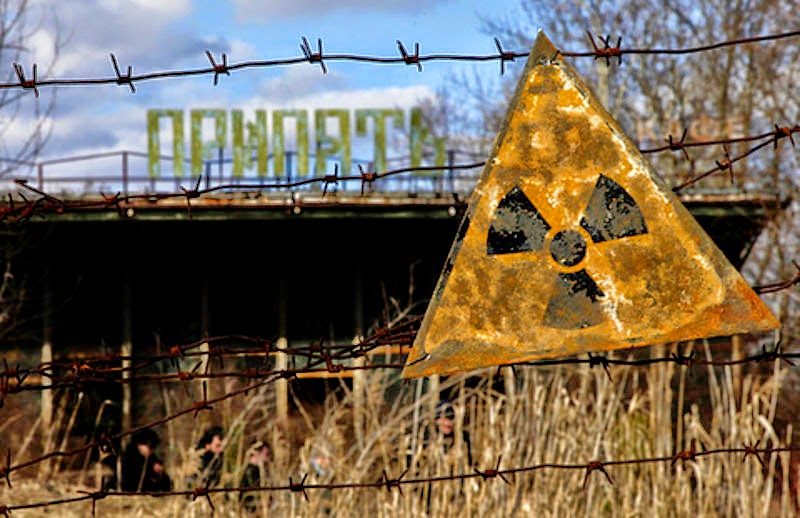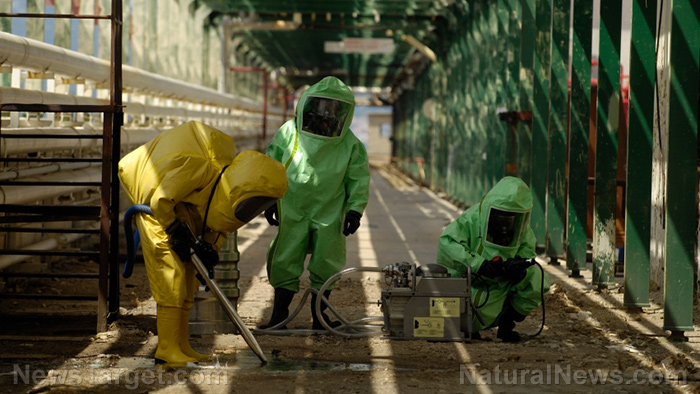A step in the right direction: Kalamata City Council blocks 5G pilot program because of health risks
02/04/2021 / By Cassie B.

One city that is taking an appropriately cautious stance when it comes to 5G is Kalamata, Greece, whose city council made the decision to block further development on the 5G network that was being piloted in the city.
The move came following a meeting in which the council determined that the radiation from the upgrade to the mobile network was dangerous. Most of the councilors voted in favor of bringing testing of the risky technology to a halt. Kalamata would have been the first city in Greece to have a 5G network, but the councilors said they felt the network should only be operating in their city when the corresponding networks are put in place throughout the rest of Greece. In other words, they do not want to allow 5G in their city while it is still in the experimental stage.
A text that was read by city council representatives labeled the radiation from 5G as well as 2G, 3G and 4G as “dangerous.” The decision to stop the program came down in a 16-to-13 vote following three hours of debate. Citizens cheered the decision, saying that they considered it a victory. However, the telecommunications firm behind the pilot program, Wind, said that it was disappointed and claimed that “technophobia and digital illiteracy threatened to take us back decades.”
During the meeting, discussions focused on the dangers that applying high levels of radiation pose to the health of local people, as well as its potential to cause infertility. Some reports said that many local people felt they were being used as guinea pigs in a 5G experiment that could leave them with serious health issues in the future, including sterility.
Other cities approaching 5G with caution
The citizens of Kalamata are not the only ones who are taking a stance against 5G. One of the most high-profile cities that is expressing extreme caution on the 5G front is Brussels. The Belgian capital has said that there needs to be a wider debate about 5G before it is fully rolled out there.
The minister-president of the city’s regional government, Rudi Vervoort, said that public concerns about the health impact of 5G networks mean that interest groups and politicians need to convince residents that the technology is beneficial. He said that while they were not necessarily against testing zones in places like the airport, they believe more discussion is needed before any type of serious rollout takes place.
The government of Brussels had previously blocked a large-scale rollout of 5G networks over health concerns, and lawmakers in the region have put strict radiation limits in place that telecommunication operators say will make it impossible for them to roll out 5G there.
“Public opinion, whether we want it or not, is also an actor in the development of this project,” Vervoort said. “It [the deployment of 5G] cannot happen behind the back of the citizens.”
The city council of Los Altos, California, meanwhile, has denied appeals by AT&T and Verizon to install 13 small cell node sites across town. The city was particularly concerned about keeping 5G away from residential zones and schools. States like Oregon and Louisiana have passed bills that require investigations into 5G technology; Oregon is also calling for a review of the health effects of exposure to wireless in schools on children.
With so many experts voicing concerns about the safety of 5G, councils like those of Kalamata, Los Altos and other areas should be commended for proceeding with caution and protecting their citizens.
Sources for this article include:
Tagged Under: 5g, 5G rollouts, dangerous technology, Greece, Kalamata, radiation
RECENT NEWS & ARTICLES
COPYRIGHT © 2017 RADIATION NEWS




















